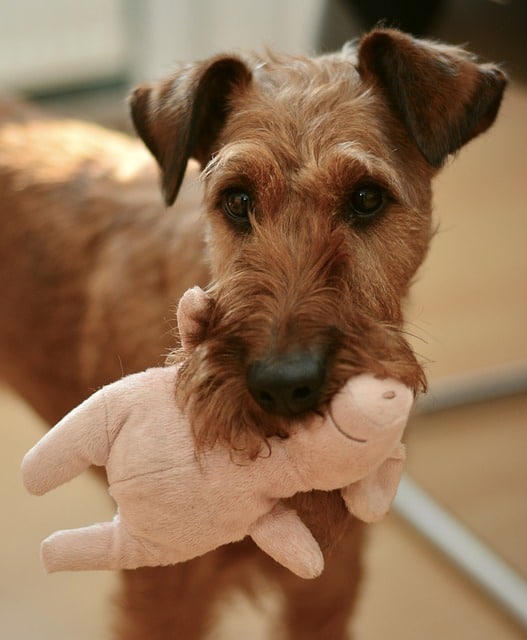
Adopting a rescued dog is a rewarding experience. It gives a dog a second chance at life. However, it also comes with unique challenges and responsibilities. Proper care is essential for a smooth transition.
Initial Concerns When Adopting A Rescued Dog
Understanding Your Rescued Dog’s Background
Rescued dogs often come with unknown histories. They might have faced neglect, abuse, or abandonment. Understanding their past helps in providing better care .
Health Check-Up
A vet visit is crucial after adoption. The vet will perform a thorough health check-up. This includes vaccinations, deworming, and a general physical exam .

Creating a Safe Space
Provide a safe and comfortable space for your dog. A cozy bed, toys, and a quiet area help them feel secure. Avoid overwhelming them with too many new things at once .

Nutrition
Rescued dogs may have nutritional deficiencies. Feed them a balanced diet tailored to their needs. Consult your vet for the best food options .
Second-tier Needs of A Rescued Dog
Training and Socialization
Training is vital for rescued dogs. They might not have learned basic commands. Positive reinforcement training builds trust and confidence. Socialization is also important. Gradually introduce them to new environments and people .
Building Trust
Trust-building takes time. Be patient and gentle with your new dog. Establish a consistent routine. Routine provides a sense of security .
Mental and Physical Stimulation
Engage your dog in physical activities. Daily walks and playtime are essential. Mental stimulation is equally important. Puzzlestoys and training sessions keep their minds active .
Dealing with Behavioral Issues
Some rescued dogs might have behavioral issues. Anxiety, fear, and aggression are common. Professional help from a dog trainer or behaviorist can be beneficial .
Regular Vet Visits
Regular vet check-ups are important for ongoing health. Monitor your dog for any signs of illness. Early detection of health issues leads to better outcomes .
Grooming
Grooming is essential for all dogs. Regular brushing, nail trimming, and baths keep them clean and healthy. Different breeds have different grooming needs . https://happymutt.org/canine-grooming-essentials-a-guide-to-basics-and-must-have-equipment/
Love and Patience
Most importantly, shower your rescued dog with love and patience. They need time to adjust and feel at home. Your compassion makes all the difference .
Conclusion
Adopting a rescued dog is a commitment. With proper care, they can become a loving and loyal companion. Understanding their needs ensures a happy and healthy life for your new family member.
References
1. The American Society for the Prevention of Cruelty to Animals (ASPCA). (2021). “Behavioral Issues in Rescued Dogs.”
2. Petfinder. (2020). “Understanding Your Rescue Dog’s Background.”
3. Humane Society of the United States. (2019). “Health Checklist for Newly Adopted Dogs.”
4. American Kennel Club (AKC). (2021). “Nutritional Needs of Rescued Dogs.”
5. Best Friends Animal Society. (2020). “Training and Socialization for Rescue Dogs.”
6. PetMD. (2018). “Creating a Safe Space for Your New Rescue Dog.”
7. Rover. (2019). “Building Trust with Your Rescue Dog.”
8. VCA Animal Hospitals. (2021). “Mental and Physical Stimulation for Dogs.”
9. Association of Professional Dog Trainers (APDT). (2020). “Dealing with Behavioral Issues in Rescued Dogs.”
10. WebMD Pets. (2019). “Regular Vet Visits for Dogs.”
11. National Dog Groomers Association of America (NDGAA). (2018). “Grooming Needs for Different Breeds.”
12. The Spruce Pets. (2020). “Showing Love and Patience to Your Rescued Dog.”
A poor rescue dog receives a good bath and some beauty treatments and is totally transformed. Awesome!
Where to adopt a rescued dog: https://www.humanesociety.org/resources/adopting-animal-shelter-or-rescue-group






